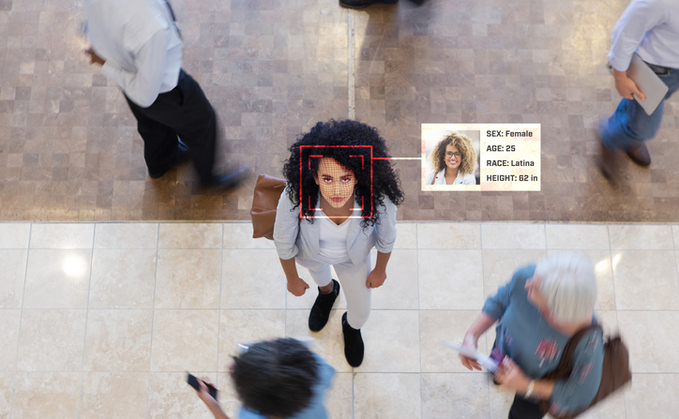
Dr Sampson is worried that the Home Office is too focused on the regulatory framework for DNA and fingerprints, ignoring new technologies.
The newly departed biometrics and surveillance commissioner has criticised the Home Office's approach to governing biometrics technology, in a recent report. Dr Fraser Sampson highlighted that ...
To continue reading this article...
Join Computing
- Unlimited access to real-time news, analysis and opinion from the technology industry
- Receive important and breaking news in our daily newsletter
- Be the first to hear about our events and awards programmes
- Join live member only interviews with IT leaders at the ‘IT Lounge’; your chance to ask your burning tech questions and have them answered
- Access to the Computing Delta hub providing market intelligence and research
- Receive our members-only newsletter with exclusive opinion pieces from senior IT Leaders



















